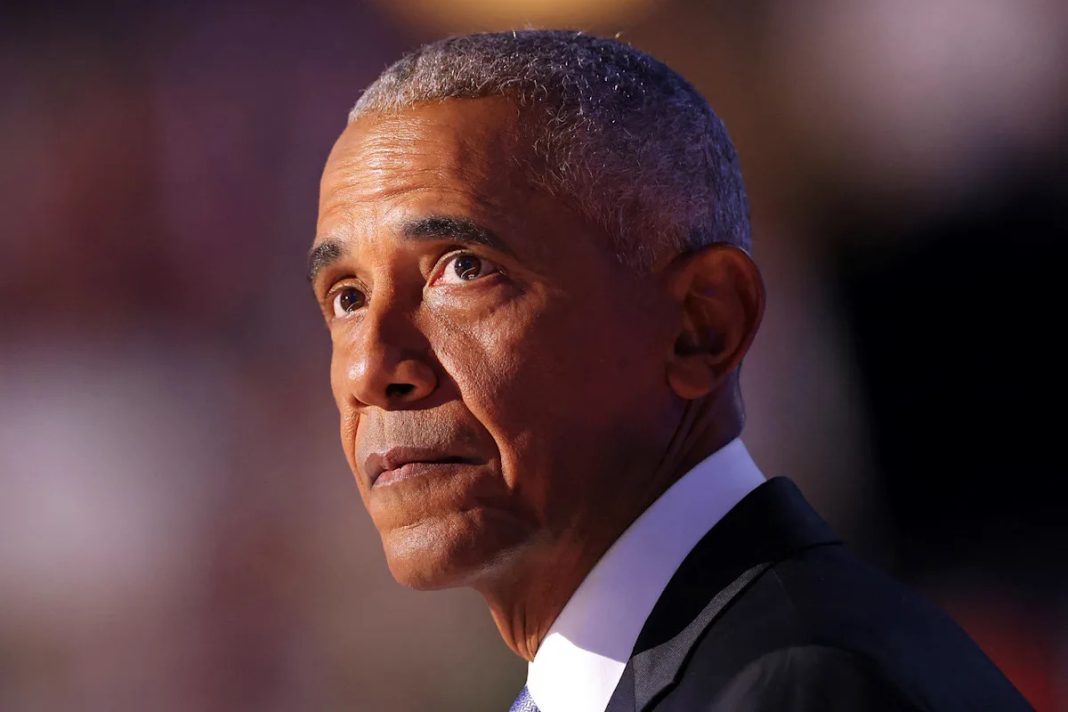When thinking about Donald Trump’s most prominent and most vocal Democratic critics, Barack Obama does not immediately come to mind. That, however, is starting to change.
In April, the former president spoke at Hamilton College, took aim at Trump’s trade tariffs, condemned the White House’s offensive against higher education, expressed his concerns that the values of the United States have “eroded” and said the incumbent president’s efforts to extort law firms were “contrary to the basic compact we have as Americans.”
In June, Obama spoke at The Connecticut Forum in Hartford, warning that the country was “dangerously close” to normalizing behavior “consistent with autocracies.”
A month later, after the White House started falsely accusing him of “treason,” Obama’s patience wore thin, and he issued a statement about how “ridiculous” Team Trump’s claims had become.
In August, Obama publicly condemned the GOP’s mid-decade gerrymandering schemes — they represent “an existential threat to our democracy,” he said in a video — while having private chats with rising Democratic stars such as Zohran Mamdani and touting his party’s recent victories in special elections.
In September, the former Democratic president seems even more fired up. NBC News reported:
Former President Barack Obama on Tuesday condemned the assassination of Charlie Kirk and the spate of political violence that has gripped the country while rebuking President Donald Trump and his allies’ for politicizing the shooting and not doing more to unite the country.
At the Jefferson Educational Society’s global summit in Pennsylvania, the Democrat did not mention Trump by name. He also didn’t have to: Obama drew sharp enough contrasts that were entirely unsubtle.
At the same event, while reflecting on the white supremacist who killed nine Black people at a church in Charleston, South Carolina, in 2015, Obama added: “As president of the United States, my response was not: ‘Who may have influenced this troubled young man to engage in that kind of violence? And now let me go after my political opponents and use that.’”
For good measure, Obama condemned Charlie Kirk’s slaying as “horrific and a tragedy,” and categorically rejected the very idea of political violence, calling it “anathema to what it means to be a democratic country.” He also made it clear that he found some of the late conservative activist’s ideas abhorrent.
For good measure, the morning after the Trump administration helped force Jimmy Kimmel’s show off the air, Obama turned to Bluesky, writing: “After years of complaining about cancel culture, the current administration has taken it to a new and dangerous level by routinely threatening regulatory action against media companies unless they muzzle or fire reporters and commentators it doesn’t like.”
Pointing to an article about The Washington Post firing columnist Karen Attiah for Kirk-related comments, the former president added: “This is precisely the kind of government coercion that the First Amendment was designed to prevent — and media companies need to start standing up rather than capitulating to it.”
Just two days before the end of his presidency, Obama hosted a White House press conference in which he said he expected the Trump administration and congressional Republicans to make their own determinations about the nation’s direction — and, by and large, he intended to stay out of it.
Obama acknowledged at the time, however, that there might be exceptions to the rule. “There’s a difference,” the outgoing president explained, “between that normal functioning of politics and certain issues or certain moments where I think our core values may be at stake.”
Nearly nine years later, I can’t help but get the feeling that Obama sees our core values in jeopardy with increasing frequency.
This article was originally published on MSNBC.com

